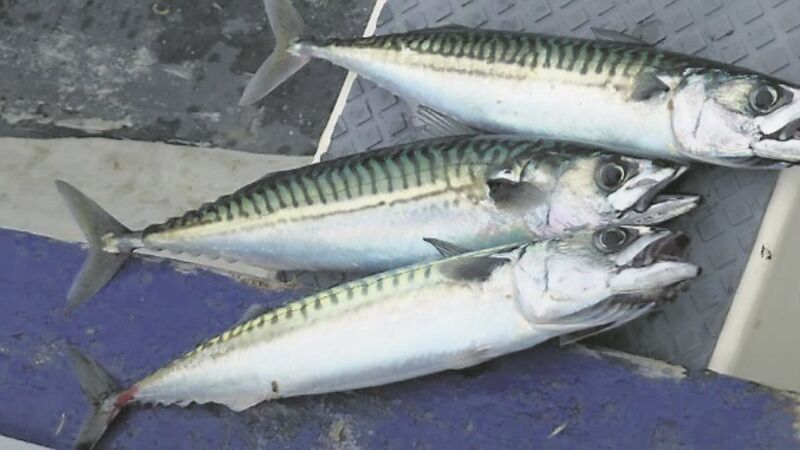Bacteria from the intestines of mackerel can kill superbugs

Scientists at the APC Microbiome Institute at University College Cork have discovered a range of new antimicrobials that can kill many harmful bacteria.
The latest antimicrobial added to their list of 20 new small proteins is called formicin. It was isolated from the intestine of a fish.













